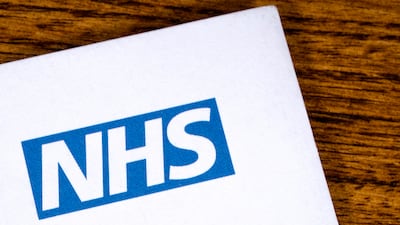While manufacturers of medical devices will likely be familiar with the reporting of adverse events to regulators that occur after a product is placed on the market, new technologies such as software as a medical device (SaMD) and artificial intelligence as a medical device (AIaMD) may pose new and unexpected risks to patients.
Recent guidance from the UK’s Medicines and Healthcare products Regulatory Agency (MHRA) sets out examples of adverse events that manufacturers...




